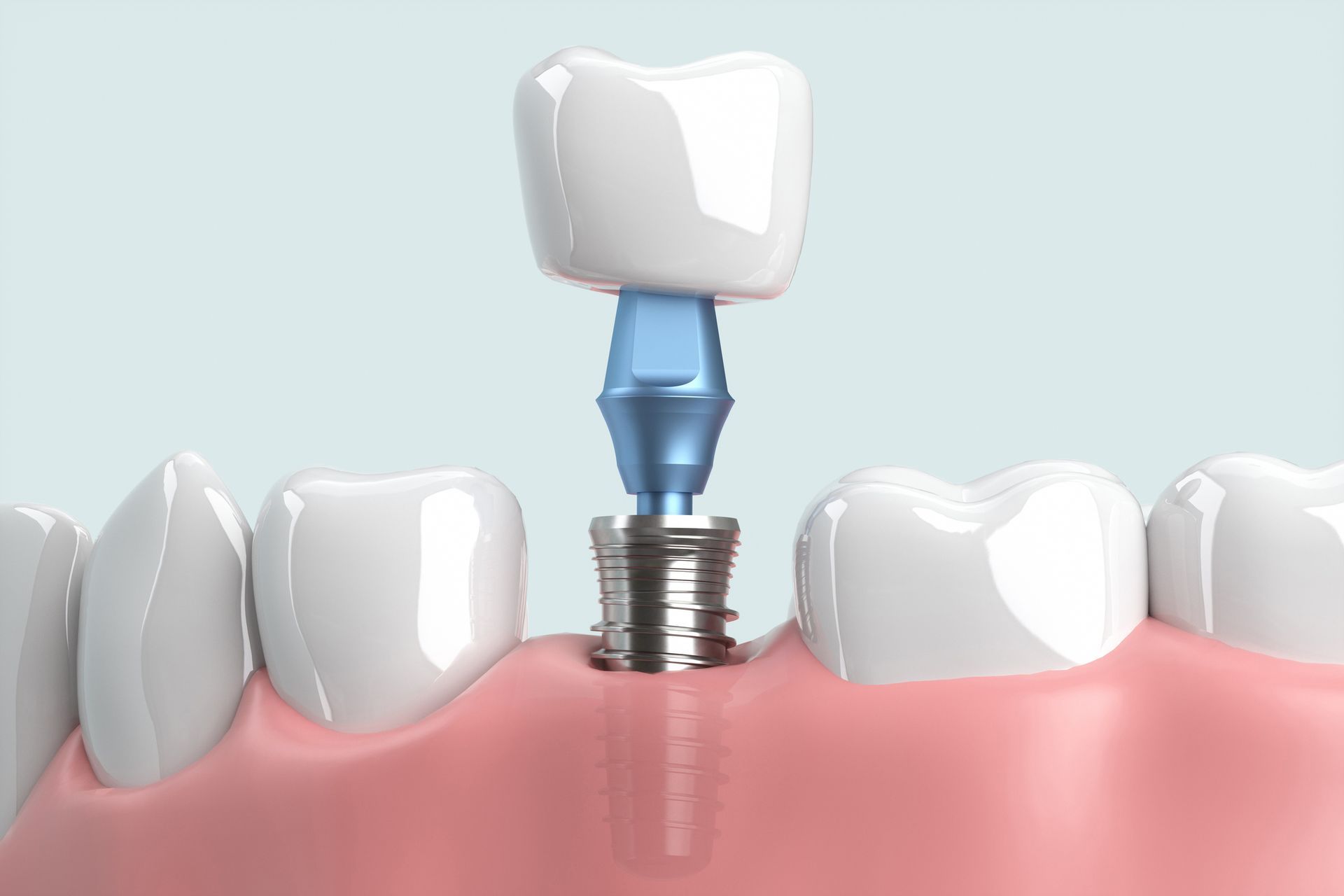3 VITAMIN DEFICIENCIES THAT AFFECT TOOTH AND GUM HEALTH
- By Admin
- •
- 03 Feb, 2021

When many people think about how their diet affects their teeth, they only consider whether the food they eat contains substances known to cause tooth decay. However, the foods you eat can also affect your teeth and gums from the inside out. When you do not eat enough foods that contain certain nutrients important for teeth or gum health, these vitamin deficiencies can damage your oral health.
Learn about three specific vitamin deficiencies that can affect your oral health.
1. CALCIUM
Proper calcium intake is important for tooth health for several reasons. First, a lack of proper calcium intake can lead to a health problem called osteoporosis, which is a bone condition characterized by a loss of bone density and bone weakening. When osteoporosis affects the jawbone, it can make the jaw too weak to support the roots of teeth properly, which can lead to tooth loss.
A calcium deficiency, also called hypocalcemia, can also increase your risk of tooth decay and general tooth brittleness.
The average adult should consume a large percentage of calcium a day to ward off calcium deficiency. If you do not enjoy consuming calcium-filled foods, such as dairy products, kale, and spinach, then consider taking a calcium supplement daily for good bone and tooth health.
2. VITAMIN D
Another vitamin deficiency that can affect your oral health is a vitamin D deficiency. The calcium you consume is more difficult for your body to absorb when you suffer from a Vitamin D deficiency. Even if you eat plenty of calcium, you could be at risk for osteoporosis and the
tooth loss it can cause if you do not also consume enough of this important vitamin.
In addition, lack of proper vitamin D intake can lead to cavity development. In fact, a study revealed that children who were given a daily vitamin D supplement developed 47 percent fewer cavities than a group of children who were not provided this supplement.
While your body makes some vitamin D when your skin has exposure to the sun, you should also include this important vitamin in your diet to help maintain proper vitamin D blood levels, especially if you do not spend much time outdoors. Good food sources of vitamin D include egg yolks, red meat, and salmon.
3. VITAMIN B12
A Vitamin B12 deficiency can increase your risk of a severe form of gum disease called periodontitis. In fact, a recent study revealed that people with low levels of vitamin B12 in their blood were not only more likely to suffer from periodontitis, but were also more likely to experience severe periodontitis symptoms, such as greater gum pocket depth, than those with higher levels of this vitamin.
Unfortunately, researchers are still unsure of exactly why a vitamin B12 deficiency increases the risk of severe periodontitis development. However, this nutrient is important for healthy blood cells and also aids in wound healing. Both factors could play roles in how this deficiency can contribute to gum disease.
Good dietary sources of B12 include milk, fish, and vitamin B12–fortified foods. However, vitamin B12 supplements are also available. In addition, since your body uses B12 when metabolizing sugar, reducing your sugar intake could also increase the amount of B12 in your blood.
Eating a well-balanced diet is important for the health of your teeth and gums. While sugar and other carbohydrates that linger on tooth surfaces cause tooth decay, vitamin deficiencies can also take a toll on your oral health. Contact the dental experts at Bradley Piotrowski, DDS, MSD, LLC, for periodontitis treatment and all of your other dental needs today. We look forward to seeing you!













